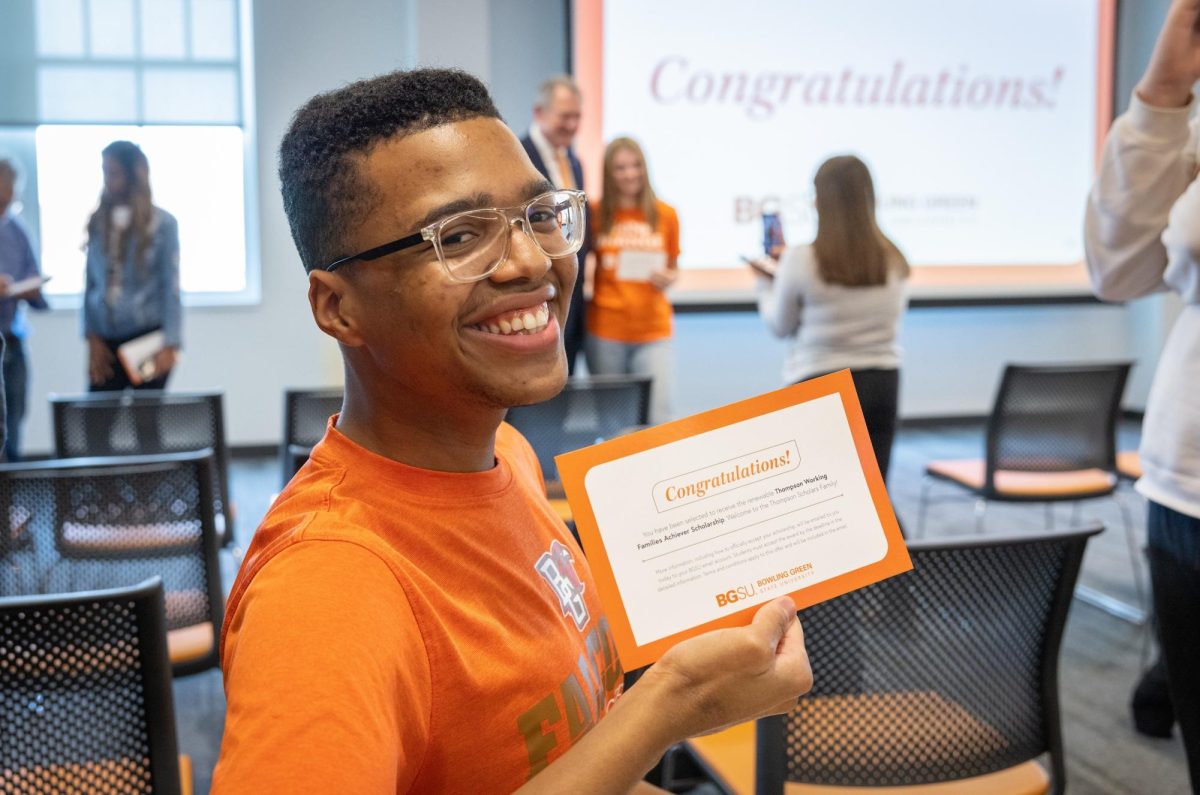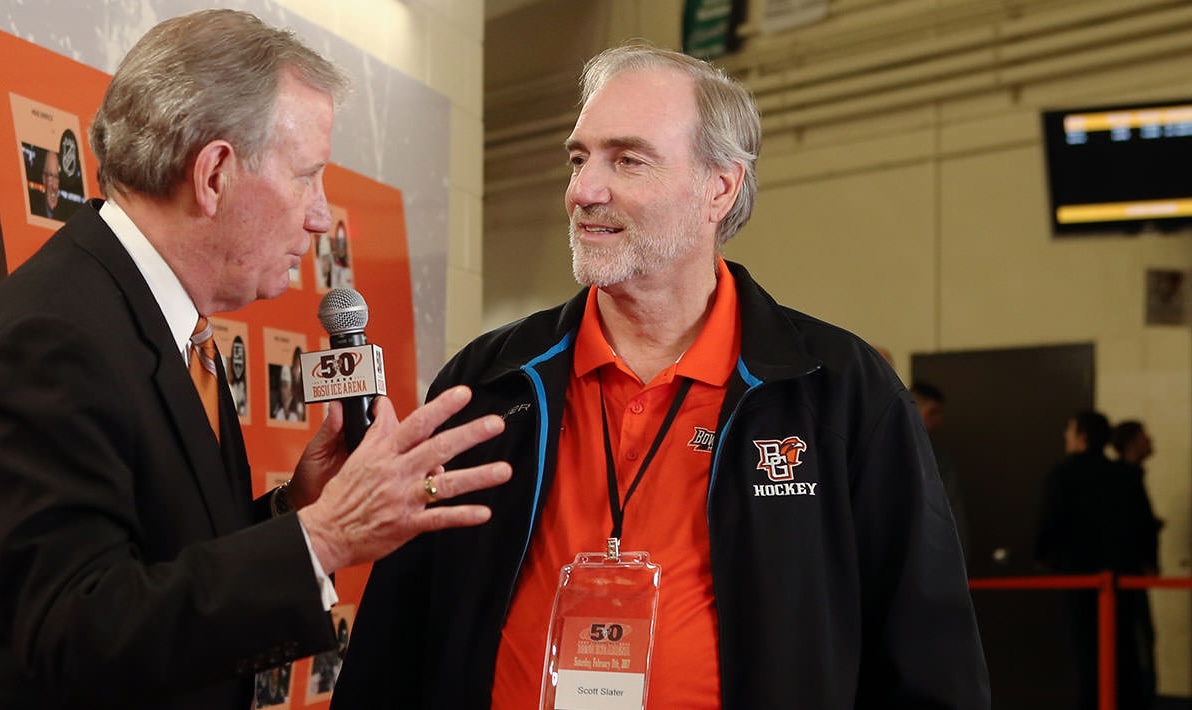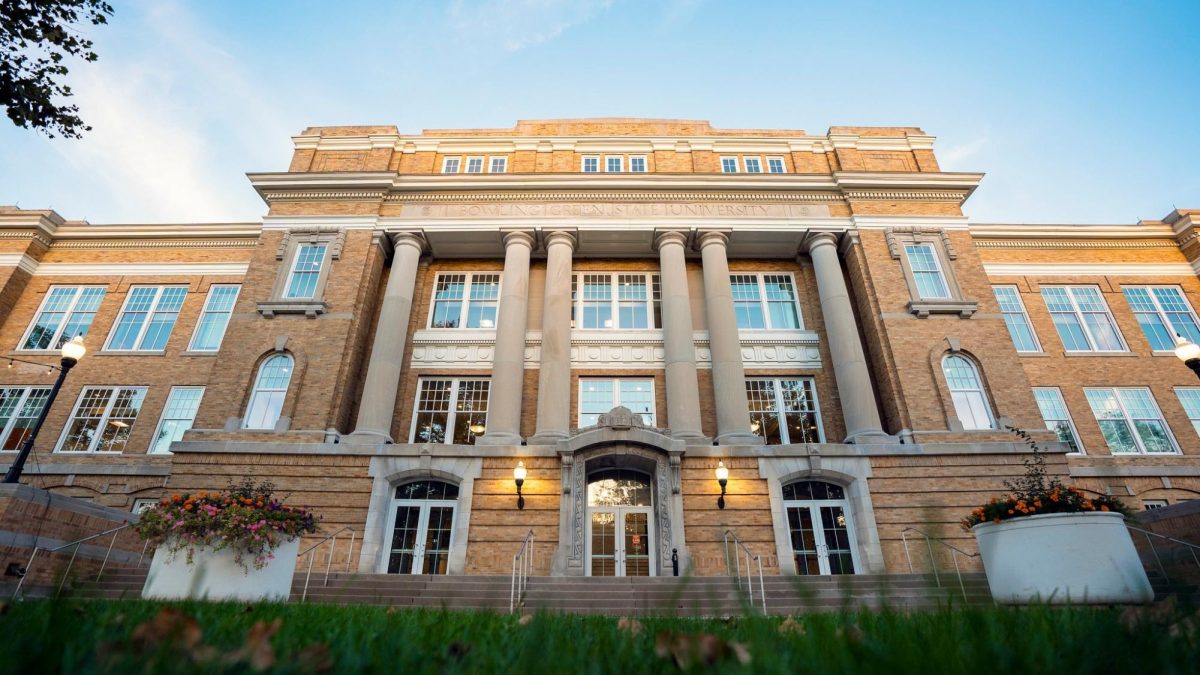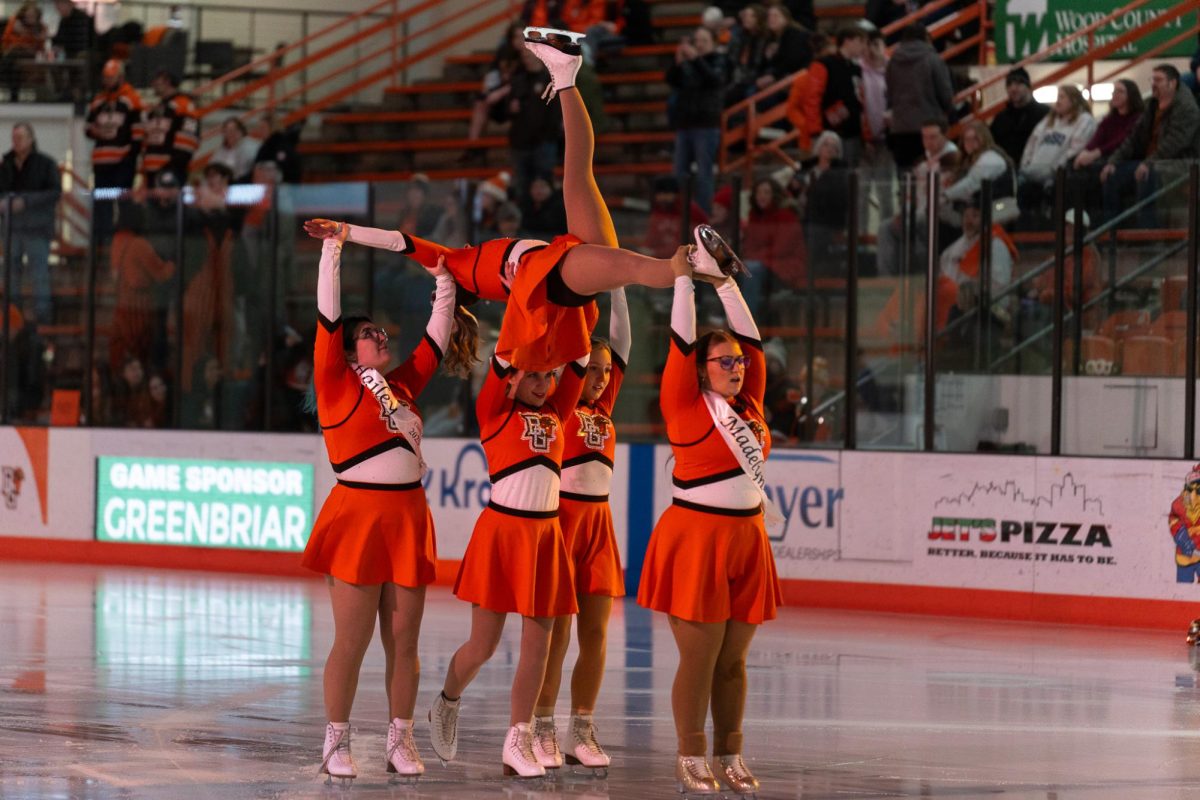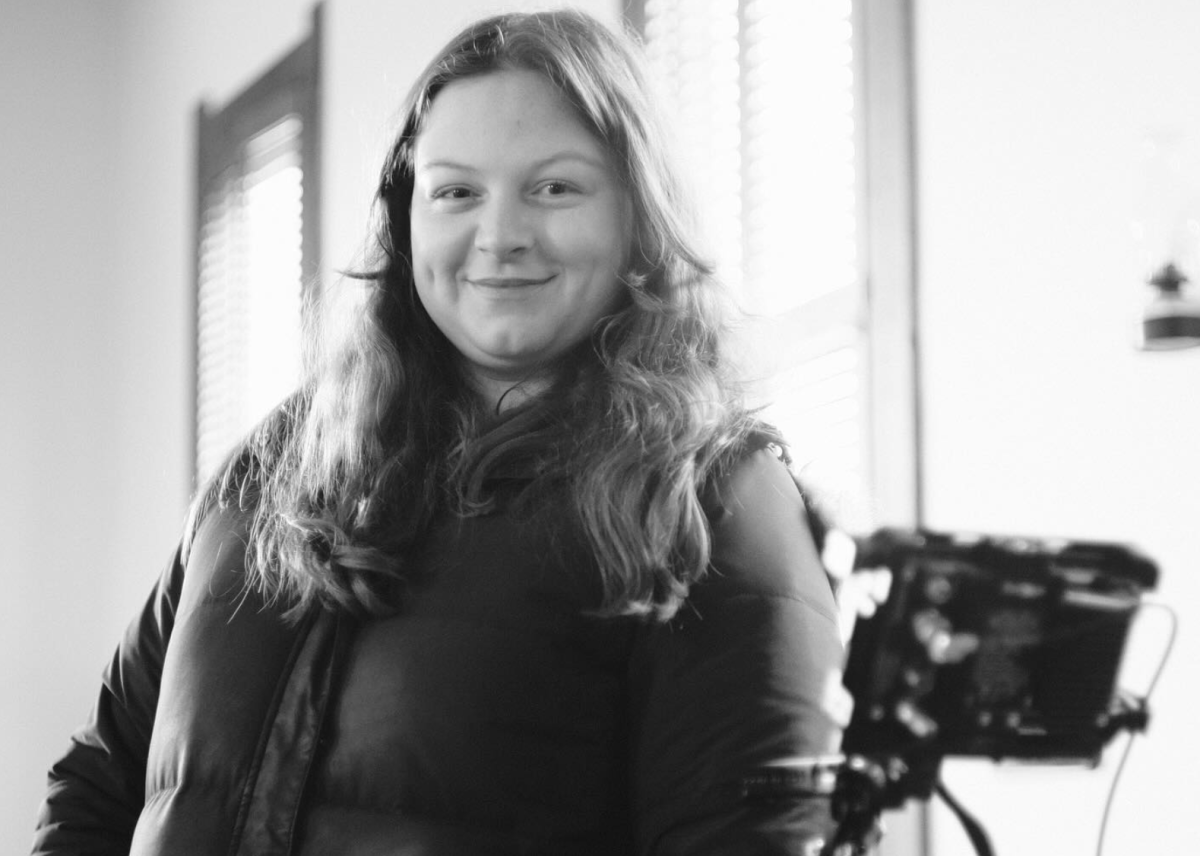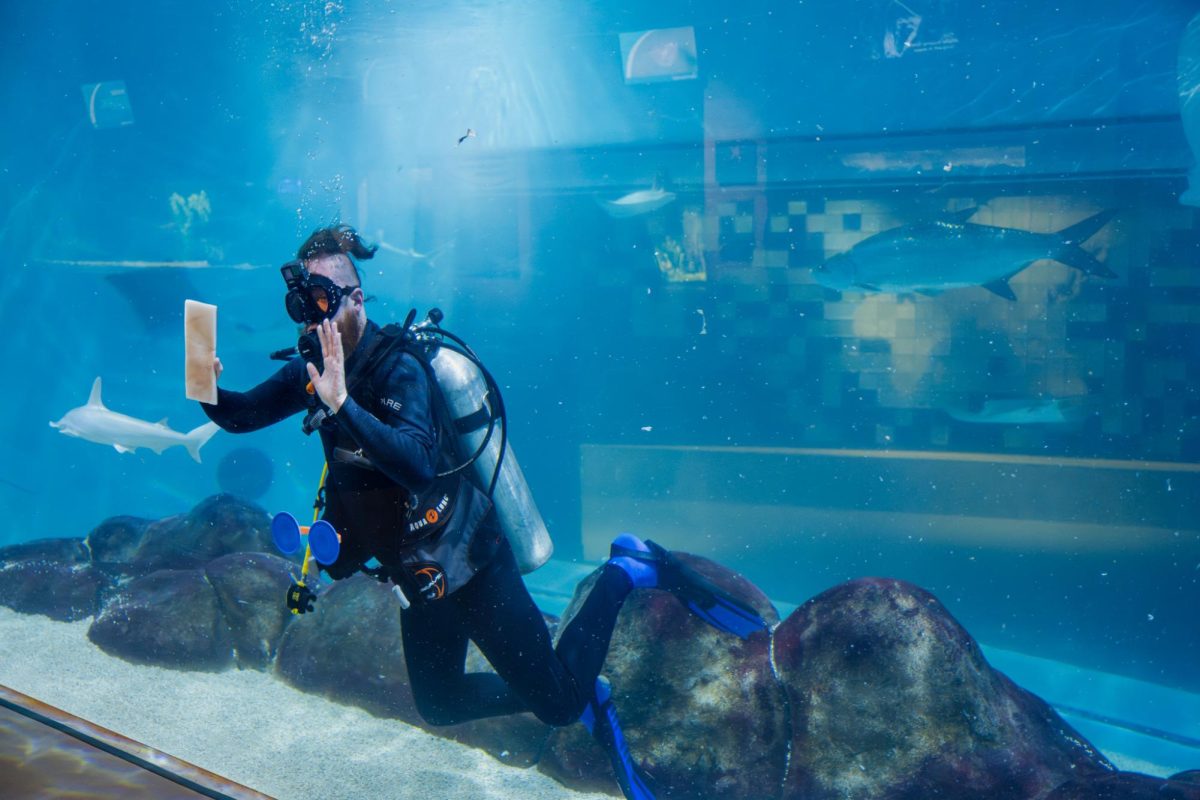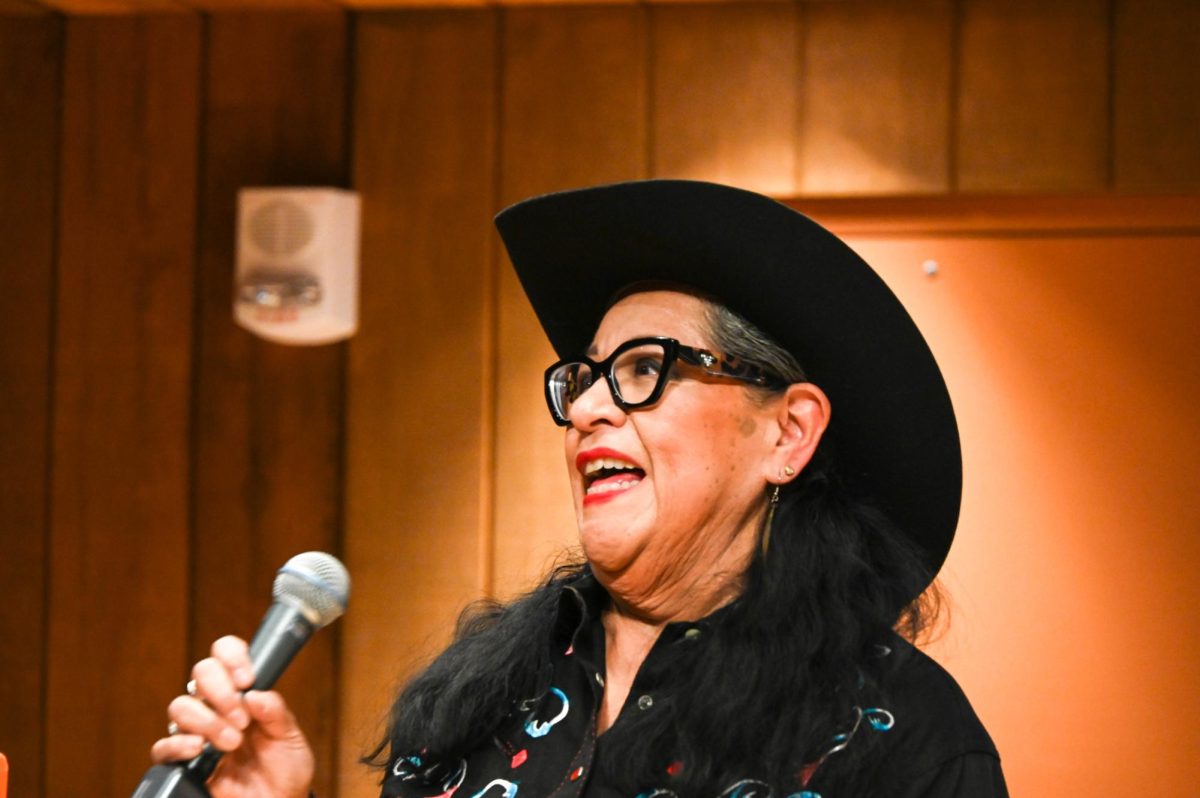The growth of the University was discussed at the second Faculty Senate meeting Tuesday afternoon.
The Washington Journal revealed that the University is tied for the number one spot for public institutions in the nation that have a challenging nature and an atmosphere where students can apply critical thinking to real world problems.
The cost of tuition was presented at the meeting. The University has had frozen tuition for the past three years. There has been growth in enrollment and students are more academically prepared. The faculty would like to keep education at a high standard and cost effective.
Also discussed in the meeting was the memorial resolution for former professor at the University, Bartley A. Brennan, who died this past May.
Associate Professor Christopher Rump shared a brief biography about the life of the late professor of the University.
“Brennan was hired by BGSU in 1974 as an assistant professor of legal studies and in his time here (he) taught numerous 300 and 400 level undergraduate courses throughout his tenure…and retired from the University in 1997,” Rump said.
His wife of 26 years will be given an official transcript of the Faculty Senate minutes signed by the secretary. It will be sent along with condolences to the surviving members of the Brennan family.
A panel made up of past chair members ranging from 2007 to present day discussed what it takes to become an effective senator.
One member on the panel, Geology Professor James Evans, shared his concerns about the structure of Faculty Senate meetings.
“We (are communicating) in the least effective way in the 21st century. We create a permanent record on audio tape, then someone has to transcribe it with great effort, to turn it into an electronic record,” Evans said. “There is a corrosive effect on Faculty Senate. We sit (here) for two hours without knowledge on the information given to us. There really is no clear path on how to go forward in using (the information) given to us.”
Evans shared a solution to changing the way Faculty Senate operates. Evans would like to have the informational parts of the meeting sent electronically and use the meetings as a time to problem solve about the issues currently being discussed in the Senate meetings.
“We should turn all of what we do at these meetings into electronic data that is sent to us once a month and have an electronic ‘Q&A’ sessions. We should be using this time instead to be engaging in problem solving.”
Colleague Neocles Leontis disagreed with Evan’s proposal.
“Faculty Senate is not viewed that way by the administration board for decision making,” Leontis said. “(These meetings) are the only time where faculty has a chance to ask questions directly to the leaders to ask them hard questions about what is going on.”


